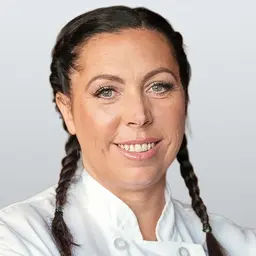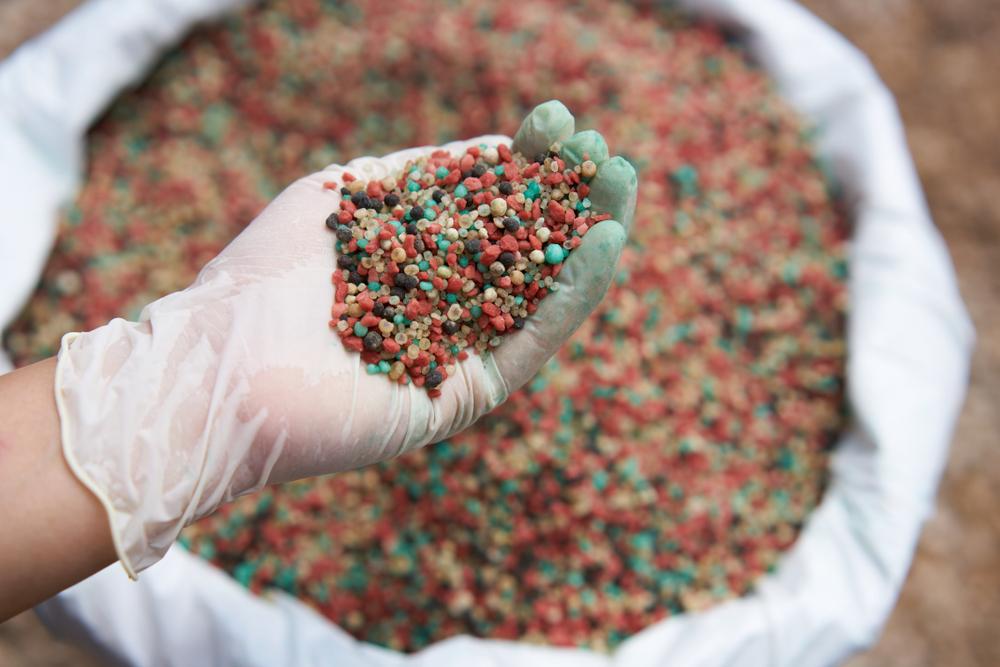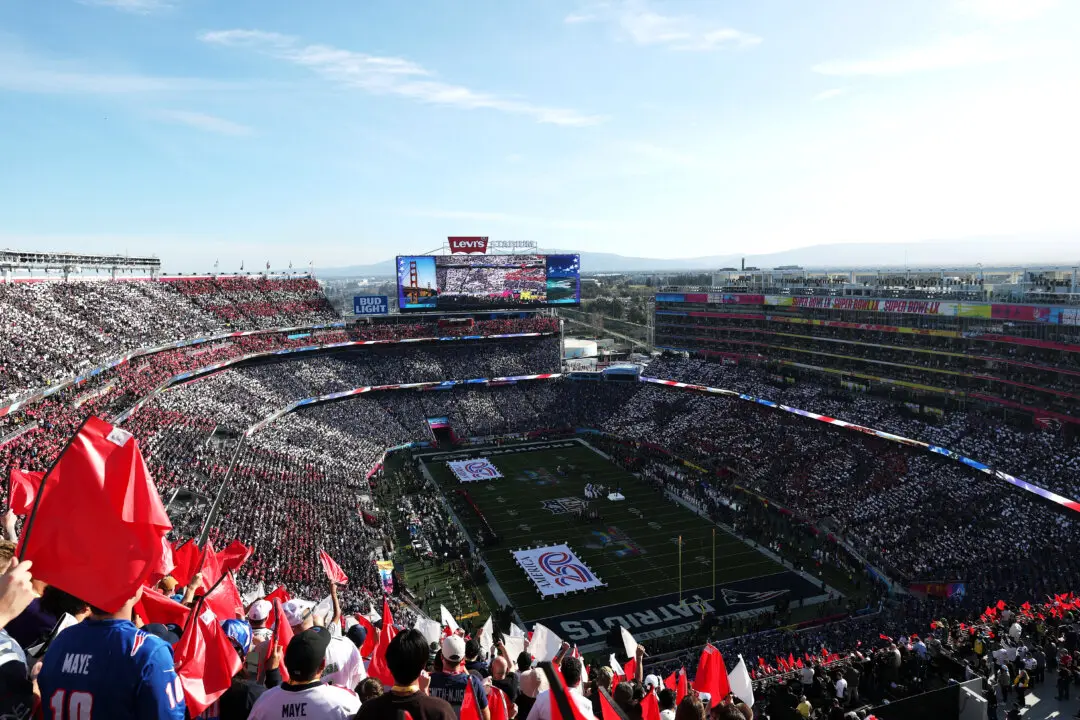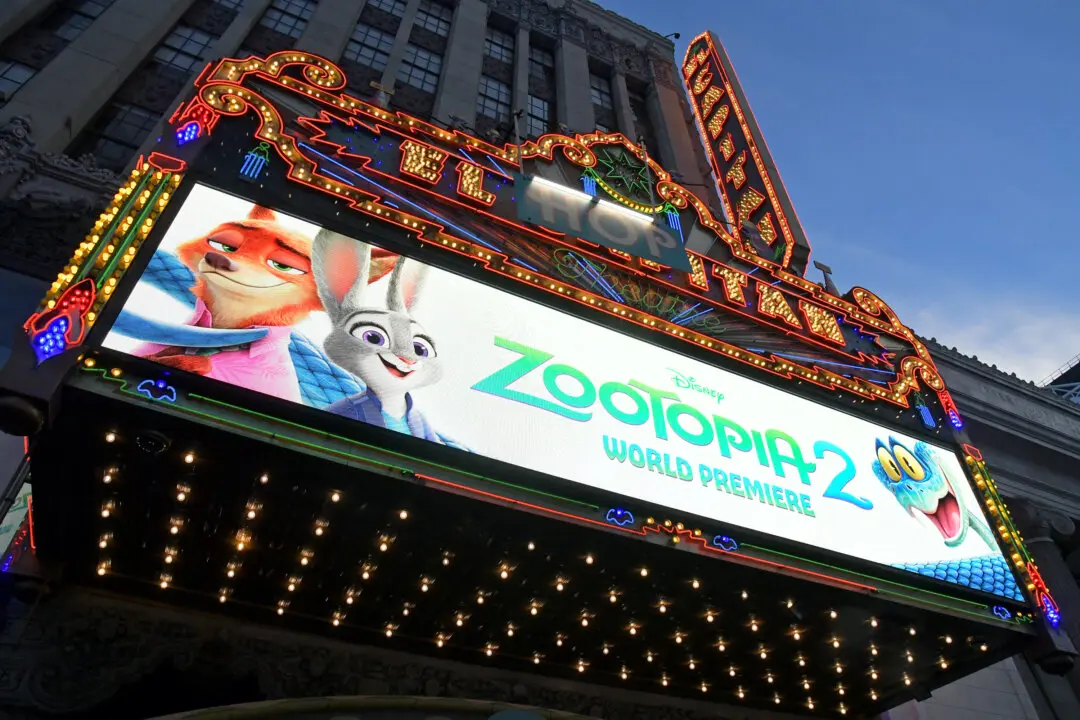Commentary
As a farmer in Central Texas, I’ve often grappled with the persistent challenges posed by leafcutter ants. Unlike typical ant species that can be managed with common deterrents, leafcutter ants exhibit a unique resilience due to their sophisticated agricultural practices. These ants meticulously harvest foliage—not for direct consumption, but to cultivate specialized fungal gardens that serve as their primary food source. This ancient, symbiotic relationship has thrived for more than 50 million years, showcasing a resilient and efficient food production system that predates industrial agriculture by tens of millions of years.





